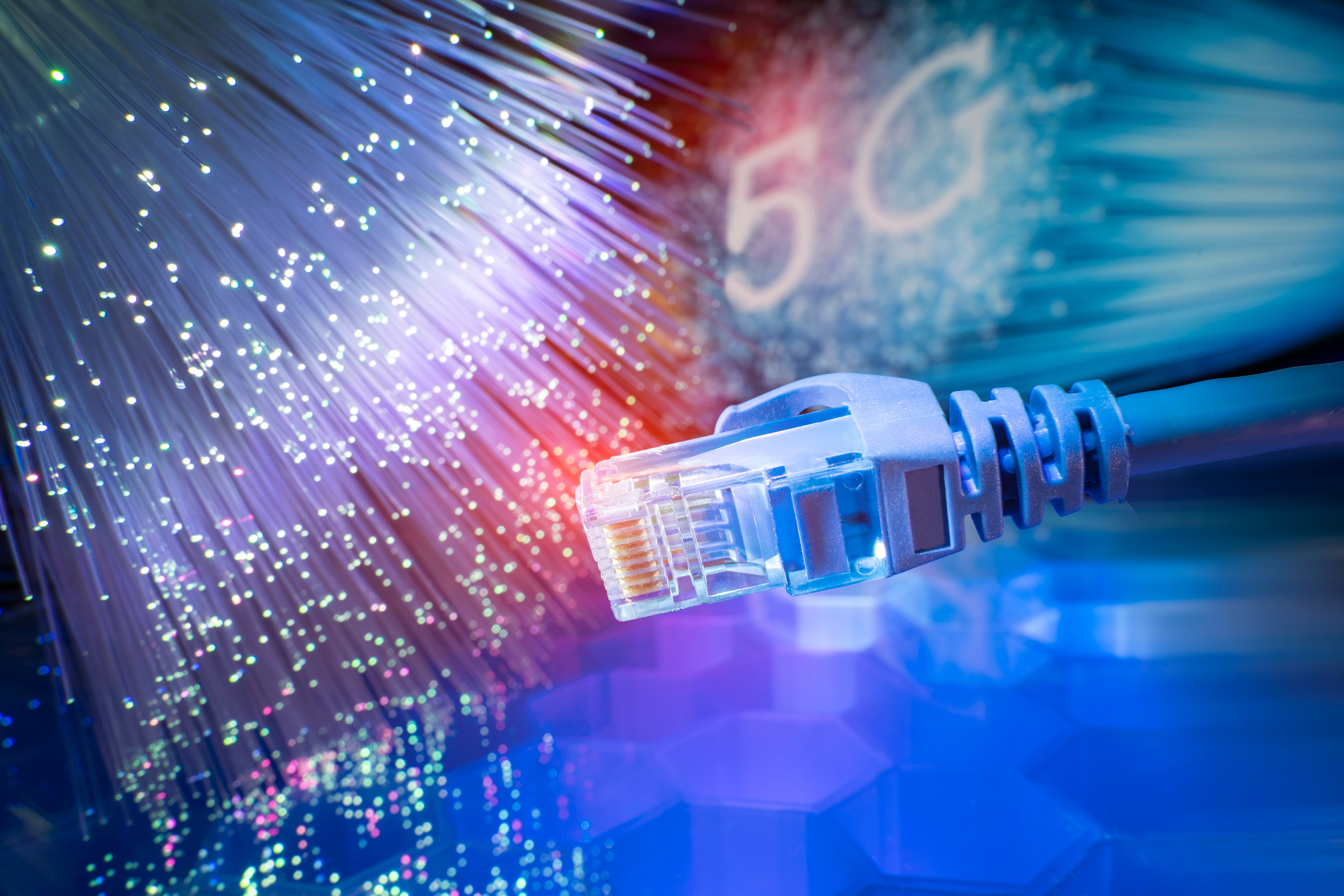In the fast-paced world of digital transformation, businesses are constantly seeking ways to gain a competitive edge. One such avenue is through the adoption of fiber internet. Much like driving a high-performance sports car on a smooth, open highway, fiber internet provides a superfast, reliable, and scalable data highway for businesses to thrive in the digital age.

What is Fiber Internet for Business?
Unlike traditional internet connections such as digital subscriber lines (DSL) and cable modems, which transmit data using electrical signals along copper wires, fiber internet operates differently. It employs light waves to transmit data along fiber optic lines made of glass fiber, offering a unique set of advantages.
The Speed, Symmetry, and Capacity of Fiber Internet
The power of fiber internet lies not just in its speed, but also in its symmetry and capacity. Fiber internet has the potential to transmit data at faster speeds than DSL or cable-based internet, enabling businesses to process transactions swiftly. Moreover, it supports symmetrical upload and download speeds, making it an excellent choice for businesses that rely heavily on cloud access.
Fiber optic cable can also transmit higher volumes of data over longer distances than copper cable. This is particularly beneficial for today's data-intensive devices, such as Internet of Things (IoT) sensors, and for advanced manufacturing processes where low latency is crucial.
The Reliability and Security of Fiber Internet
The reliability of fiber internet is another significant advantage. Unlike DSL, which can suffer outages due to adverse weather conditions, fiber cables offer more consistent connectivity. This makes fiber internet a reliable choice for businesses that depend on access to cloud resources.
More Benefits of Fiber Internet for Business
Fiber internet also opens up new possibilities for businesses. By leveraging next-generation networking capabilities like multi-access edge computing (MEC) and network slicing, businesses can use their network in innovative ways. For instance, edge computing allows businesses to distribute computing to the network's edge where it's needed, reducing latency and enhancing security.
Choosing the Right Business Fiber Internet
There are various types of business fiber internet, each with different speeds. AT&T Business Fiber, for instance, offers a shared connection, while Dedicated Internet provides a private connection. Both offer high speeds, reliability, and customer support, but the choice between them depends on the nature of your business and the speed and performance you need.
Fiber Internet Enables the Future of Work
In conclusion, the benefits of fiber internet extend beyond speed, reliability, and scalability. It's about enabling businesses to be more agile, secure, and innovative. With fiber internet, businesses are well-equipped to meet the demands of the future of work.
